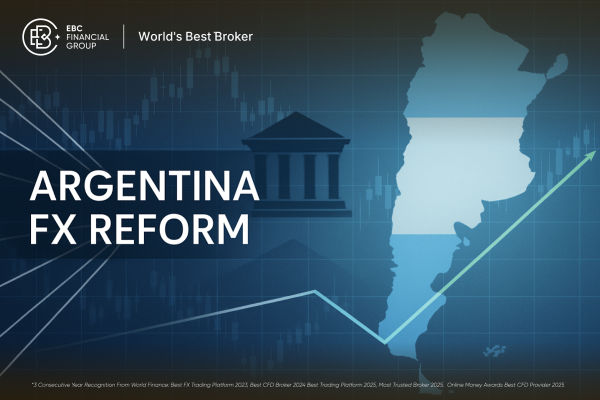What is a recession?
In finance and economics, the term "recession" can send ripples of concern through markets and households alike. It's not merely a buzzword or a statistic; it represents a significant economic downturn that affects businesses, jobs, and the overall well-being of a nation's economy. In this article, we'll delve into what a recession means, why it's crucial to grasp its implications, and most importantly, how to get ready when it comes.

A recession is when the economy slows down for at least six months, showing a drop in the Gross Domestic Product (GDP) for two consecutive quarters. In simple terms, it's when the economy is shrinking instead of growing. During a recession, things like employment rates, consumer spending, and business profits usually fall. This economic slump can be caused by various factors, including lower consumer confidence, decreased business investments, or issues in the global economy.
Why Understanding Recessions Matters?
Understanding recessions is crucial for both individuals and businesses. For investors in the stock, forex, commodities, and derivative markets, being aware of economic downturns is essential for making informed decisions. During recessions, these markets can experience heightened volatility, with prices fluctuating more unpredictably than usual. Knowing recessions allows investors to adjust their strategies accordingly, whether it’s diversifying their investments, protecting against potential losses, or taking advantage of opportunities during market downturns.
For businesses, spotting the signs of a recession early allows them to take proactive steps to lessen its impact. This might mean cutting costs, streamlining operations, or shifting resources to more stable areas. By staying alert and flexible, businesses can better navigate the challenges of a recession and come out stronger on the other side.
How Long Do Recessions Typically Last?
Recessions vary in length, but historical data shows some general patterns. In recent decades, U.S. recessions have averaged about 17 months in duration. This is a notable decrease from earlier periods when recessions often lasted longer.
In the past 30 years, the U.S. has experienced four significant recessions:
The COVID-19 Recession: This was the shortest recession in U.S. history, lasting just two months. The economy recovered quickly due to substantial fiscal and monetary interventions.
The Great Recession (December 2007 to June 2009): Triggered by issues in the real estate market, this recession lasted 18 months. While not as severe as some historic downturns, it had a profound impact on the economy.
The Dot-Com Recession (March 2001 to November 2001): Caused by the collapse of the tech bubble, along with other factors, this recession lasted eight months. The economy bounced back relatively quickly.
The Gulf War Recession (July 1990 to March 1991): This brief recession was influenced by rising oil prices due to the Gulf War. It lasted eight months and was relatively short-lived.
Tips for Getting Through Recession
So, what should we do when faced with a recession? Here are some practical tips for you:
1. Check Your Financial Situation - Look at your savings, investments, and spending. Find ways to cut back on unnecessary expenses and strengthen your emergency fund.
2. Diversify Your Income - Recessions can lead to job losses and income instability. Think about adding extra income sources, like freelance work, passive investments, or side business.
3. Invest Wisely - In uncertain times, it's crucial to invest wisely. Spread your investments across various asset classes to reduce risk, and consider getting professional advice to handle market ups and downs.
4. Stay Informed - Keep up with economic news and trends. Pay attention to key indicators like unemployment rates, consumer confidence, and GDP growth. This information helps you predict market changes and make better decisions.
5. Remain Calm and Patient - Recessions are part of the economic cycle. While they can be stressful, it's important to keep a long-term view and avoid making rash decisions driven by fear.
In conclusion, a recession represents a challenging period for economies, businesses, and individuals alike. By understanding what a recession entails and its implications for financial markets and livelihoods, we can better prepare ourselves to navigate through these downturns. By adopting a proactive and informed approach, we can mitigate risks, seize opportunities, and emerge resiliently from the depths of a recession.
Remember, in times of uncertainty, knowledge is your greatest asset. Stay informed, stay prepared, and together, we can weather any storm that comes our way.
Disclaimer: This material is for general information purposes only and is not intended as (and should not be considered to be) financial, investment or other advice on which reliance should be placed. No opinion given in the material constitutes a recommendation by EBC or the author that any particular investment, security, transaction or investment strategy is suitable for any specific person.


























